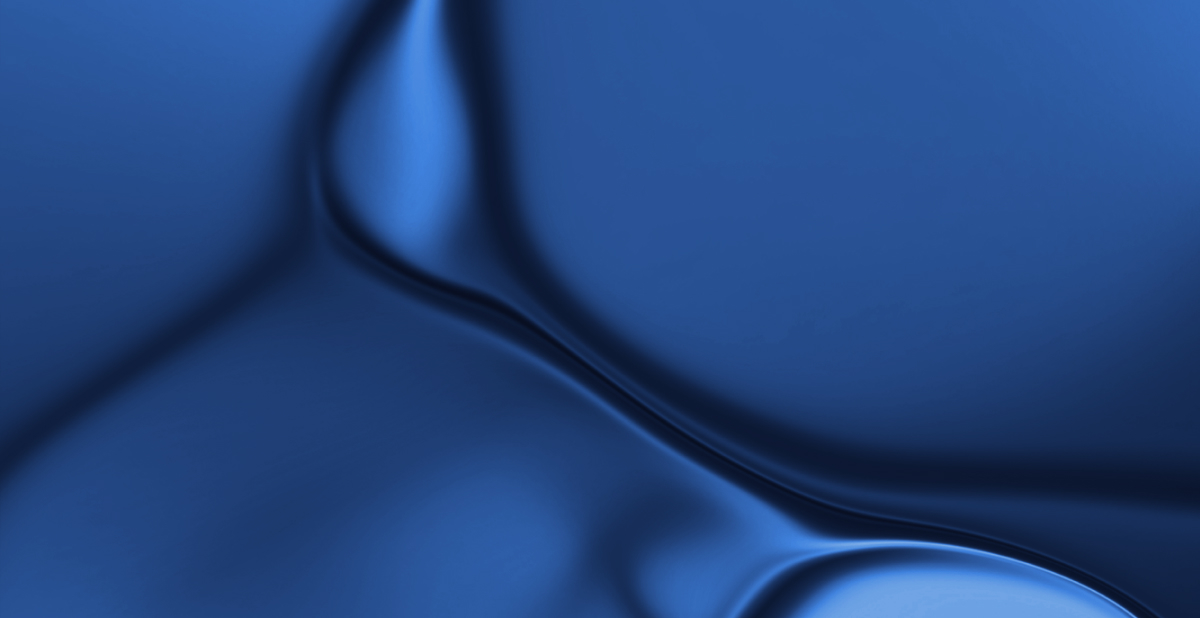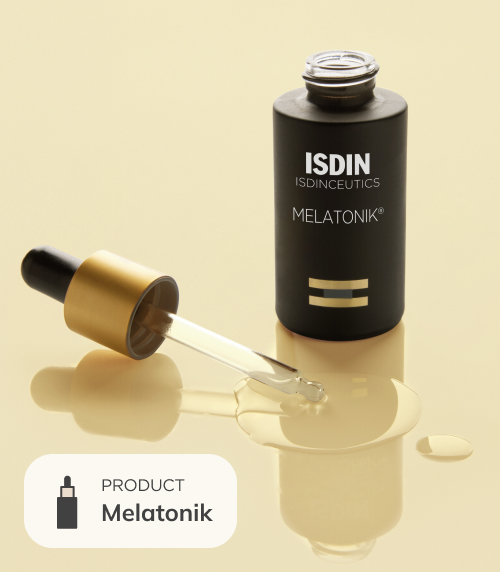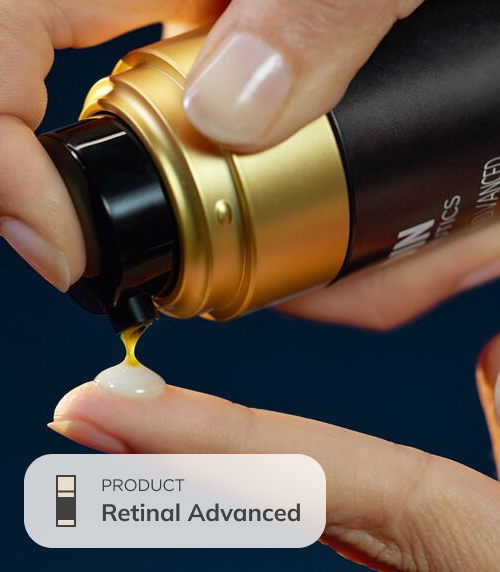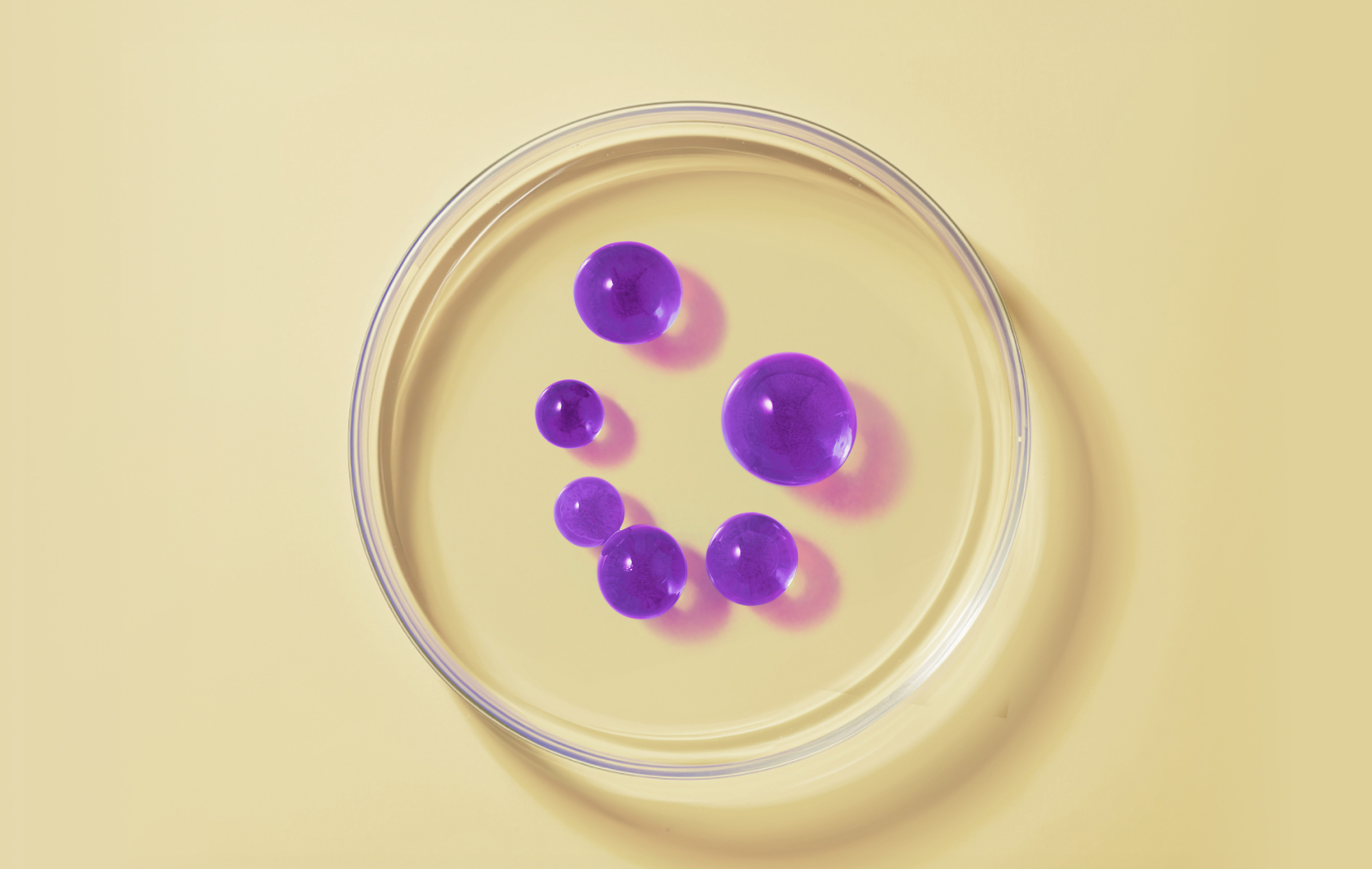Sometimes a new skincare ingredient steals the scene, and then quickly fades out. But, if you’ve noticed bakuchiol popping up in your newsfeeds or inbox lately, take note. This renewing ingredient has staying power.
The gentle, plant-based retinol alternative is making waves in age-defying favorites around the world. So, it’s natural to get curious about the use of bakuchiol vs. retinol in your daily routine.
Let’s discuss bakuchiol, how it stacks up against retinol, and how both can get you glowing.
THE BASICS
BAKUCHIOL (BAK)WHAT IT IS: Natural plant compound
WHAT IT DOES: This rejuvenating ingredient features antioxidant properties and helps support skin turnover, boost elasticity, smooth wrinkles, and even out skin tone.
WHO IT'S FOR: Bakuchiol is suitable for all skin types, serving as an alternative for those who can't tolerate retinoids.
HOW TO USE IT: Topical bakuchiol can be used any time of day, but its ideal use is with nighttime serums, oils or moisturizers on clean, dry skin.
GOES WELL WITH: Vitamin C, melatonin, retinoids
DON’T MIX WITH: Bakuchiol is known for its high tolerability and gentle nature. It plays nice with most other skincare ingredients.
TRY IT IN: Melatonik®️, Retinal Advanced
What is bakuchiol?
Bakuchiol (say it with us: buh-koo-chee-all) extract is naturally derived from the seeds of the Psoralea corylifolia, more commonly known as the babchi plant.
Rooted in traditional Eastern medicine and touted for its healing properties for centuries, it’s recently gone global in skincare via restorative facial serums. And luckily for our friends with sensitive skin, it’s now widely considered a gentle, plant-based retinol alternative.
How does bakuchiol work?
Many of its rejuvenating effects come from its sway with your body’s natural regenerative processes. First up? Bakuchiol brightens and smoothes by helping to accelerate skin turnover. It also reinforces your skin’s natural structure from within, boosting the strength of building blocks like collagen and elastin.
This noteworthy ingredient offers antioxidant action as well. The appearance of skin aging is influenced by oxidative stress on the skin, especially from environmental factors (think sun exposure). But bakuchiol can help to charge up your skin’s resistance to these stressors.
Bakuchiol brightens and smoothes by helping to accelerate skin turnover.
Benefits of bakuchiol
This skincare essential helps to:
- Improve skin turnover: Helps to combat the visible signs of aging and refine skin texture — making it a great addition to a mature skincare routine.
- Reduce the appearance of fine lines: Supports skin processes to boost elasticity and firmness, while combating the appearance of wrinkles.
- Even skin tone: Gives skin a healthy glow and helps to fight uneven pigmentation.
- Provide antioxidant effects: Helps protect your skin against damage caused by free radicals and environmental factors.
Bakuchiol vs. retinol
Although these two ingredients have different structures and origins, they share many of the same benefits for your skin. Let’s dive in.
What is retinol?
First up, this world-famous ingredient is a type of retinoid. Retinoids are derivatives of vitamin A — one of the main vitamins that helps uplift your skin’s turnover. Praised for its skin-renewing properties, retinol helps to tackle the visible effects of photoaging, AKA aging effects caused by the sun.
But balance is crucial when introducing retinoids into your routine. They can be irritating if used in high concentrations, on sensitive skin, or incorrectly. So, it’s best to start slowly and work your way up.
What’s the difference between retinol, retinal, and retinoids?
Discover the ultimate guide.

Is bakuchiol better than retinol?
The positive spin on bakuchiol is its potential for retinol-like results with fewer harsh effects. But you don’t necessarily have to choose! Products that combine bakuchiol with retinoids can help address fine lines, wrinkles, and other texture concerns.
However, there are three instances where a bakuchiol-only product might be a better choice for you:
- You’re extremely sun-sensitive. Skin sensitivity is one drawback well-known to retinoid enthusiasts — sun exposure can exaggerate this.
- You’ve had an uncomfortable reaction to retinoids in the past.
- Your doctor or dermatologist has told you that retinoids aren’t right for you at the moment.
So, if your skin can’t tolerate retinol, take a bakuchiol serum on a test run. And, of course, remember to apply (and reapply) sunscreen daily, no matter your pick.
Products that combine bakuchiol with retinoids can help address fine lines, wrinkles, and other texture concerns.
How to use bakuchiol in your skincare routine
While there’s no issue with using bakuchiol products in the morning before applying sunscreen, nighttime is ideal. Why? Your skin naturally works to repair itself overnight — making your evening skincare routine the optimal time for rejuvenating ingredients. And serums are the perfect option to deliver these hard-working elements in a straightforward format.
Which bakuchiol serum is right for you?
For skin restoration without retinoids
Enter Melatonik®️. This 3-in-1 serum containing bakuchiol, melatonin, and vitamin C boosts natural antioxidant defenses and helps to restore vitality and elasticity, for radiant, healthy skin. It delivers overnight recovery action while still being gentle.


For powerful dual-action skin rejuvenation
Reach for Retinal Advanced. This youth-boosting night serum helps visibly reduce wrinkles and fine lines. It combines retinaldehyde, melatonin, and bakuchiol with Soothing Complex using an innovative dual-phase technology. If you’re ready to combine bakuchiol with the power of retinoids, look no further.
Expert advice: For the best results, add your bakuchiol product into a complete skincare routine that includes cleansing, moisturizing, and daily sun protection.
Remember, bakuchiol vs. retinol doesn’t have to be either or – these two age-defying skincare ingredients can be partners after all. Choose one, the other, or both, and enjoy glowing skin!
And above all, love your skin, care for it, and protect it, always.
References:
(1)Dhaliwal, S., Rybak, I., Ellis, S. R., Notay, M., Trivedi, M., Burney, W., Vaughn, A. R., Nguyen, M., Reiter, P., Bosanac, S., Yan, H., Foolad, N., & Sivamani, R. K. (2018). Prospective, randomized, double‐blind assessment of topical bakuchiol and retinol for facial photoageing. In British Journal of Dermatology (Vol. 180, Issue 2, pp. 289–296). Wiley.
(2)Hemali Gunt, Zoe Diana Draelos, Stanley B. Levy, 16091 Topical effects of a natural retinol alternative: A clinical assessment of bakuchiol on sensitive skin, Journal of the American Academy of Dermatology, Volume 83, Issue 6, Supplement, 2020, Page AB171, ISSN 0190-9622.
Nizam NN, Mahmud S, Ark SMA, Kamruzzaman M, Hasan MK. Bakuchiol, a natural constituent and its pharmacological benefits. F1000Res. 2023 Nov 7;12:29. doi: 10.12688/f1000research.129072.2. PMID: 38021404; PMCID: PMC10683784.
Michael, S. (2019, February 15). Everything you need to know about Bakuchiol, the buzzy ingredient that’s being compared to Retinol | CBC Life. CBCnews. Retrieved October 25, 2021.
Chaudhuri, R.K. and Bojanowski, K. (2014), Bakuchiol: a retinol-like functional compound revealed by gene expression profiling and clinically proven to have anti-aging effects. Int J Cosmet Sci, 36: 221-230.
Valenti, L. (2018, July 12). A beginner’s guide to retinol: Here’s everything you need to know. Vogue. Retrieved October 25, 2021.









